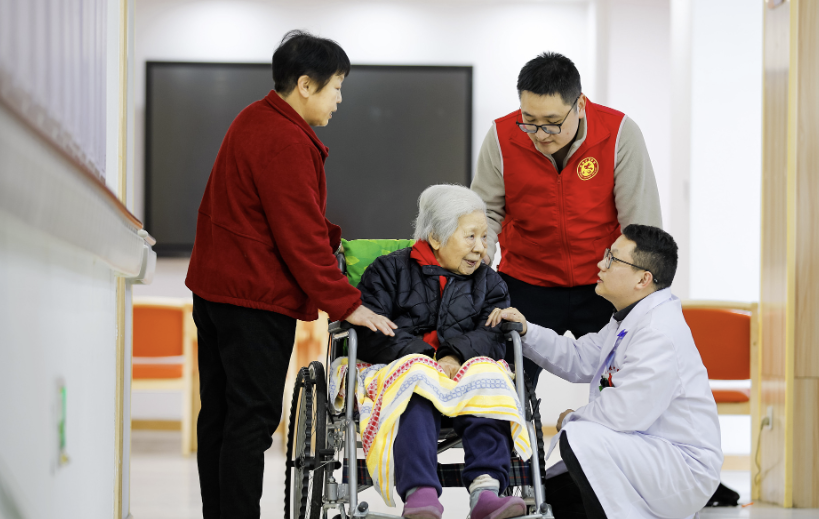
Social Impacts of Population Aging
Population aging is one of the major social challenges facing many countries today. In China in particular, it refers to the growing share of older adults and the gradual decline in the working-age population. This shift has significant effects on society: it increases pressure on the state and communities and greatly intensifies strains in the labor market.
First, the heaviest pressure shows up in pensions and healthcare. Governments must devote more resources and funding, creating a serious fiscal burden. Rising pension expenditures may require higher taxes, which indirectly increases the load on younger generations. Demand for medical care and social services also climbs: older adults are more likely to become ill, so the state must invest more in prevention and treatment. In terms of social services, seniors need more support—health checkups, nursing care, and various forms of assistance—adding further strain to society.
Second, a tighter labor market heightens pressure on families. In an already difficult job environment, young people are expected to support their elders, increasing their financial burden and indirectly contributing to lower birth rates. That, in turn, worsens labor shortages and creates a vicious cycle. Insufficient labor supply affects not only business expansion but even routine operations, while reduced workforce availability pushes up labor costs and squeezes firms.
We should face population aging squarely. The government can provide appropriate family subsidies to avoid overburdening young people and fueling a negative spiral. At the same time, older adults should be encouraged to take part in community activities within their ability, which supports physical and mental health and eases social pressures. Aging is an unstoppable trend, but active responses can lead to a better society.
Jiani Wang


 Posted in
Posted in 


